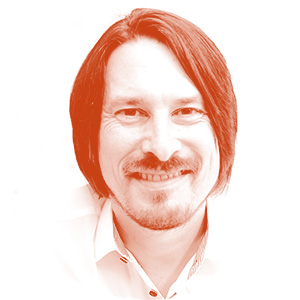A couple of things that FOMO, the fear of missing out, helps us with:
What if the world is going crazy about a tennis player who wants to travel to Australia but is refused entry to the country and we don’t know about it.
What if a new word puzzle sets the world in addiction mode and we’re the last to hear about it.
What if a friend has just commented on my picture on Instagram.
What if another friend has just posted an update on her morning routine.
What if someone just sent me a snap.
We better don’t take the risk of missing out on that. So, let’s just quickly check our phone to catch up on things, shall we?
Rather than speak with the person sitting right next to us. Make a personal connection. Embark on a conversation about a topic that’s so much more exciting than we thought as it turns out the person sitting next to us is a real expert in that field.
Fear of missing out is a major component of the fuel that social media brews to hook us up. They brew it so masterfully that they convince us to miss out on a lot of other opportunities without the same level of fear – such as the things that happen offline in the space we’re at right in that moment.
When I enter a workshop room, it’s not uncommon that I have a dozen brilliant people sitting in front of me and not one is talking to the other but all are staring on their phone.
The offline world is not at all good in brewing the same addictive fuel of missing out. Apparently, we fear so much more what we miss out on online that we overlook what we miss out on offline.
It takes conscious effort to act on this.
